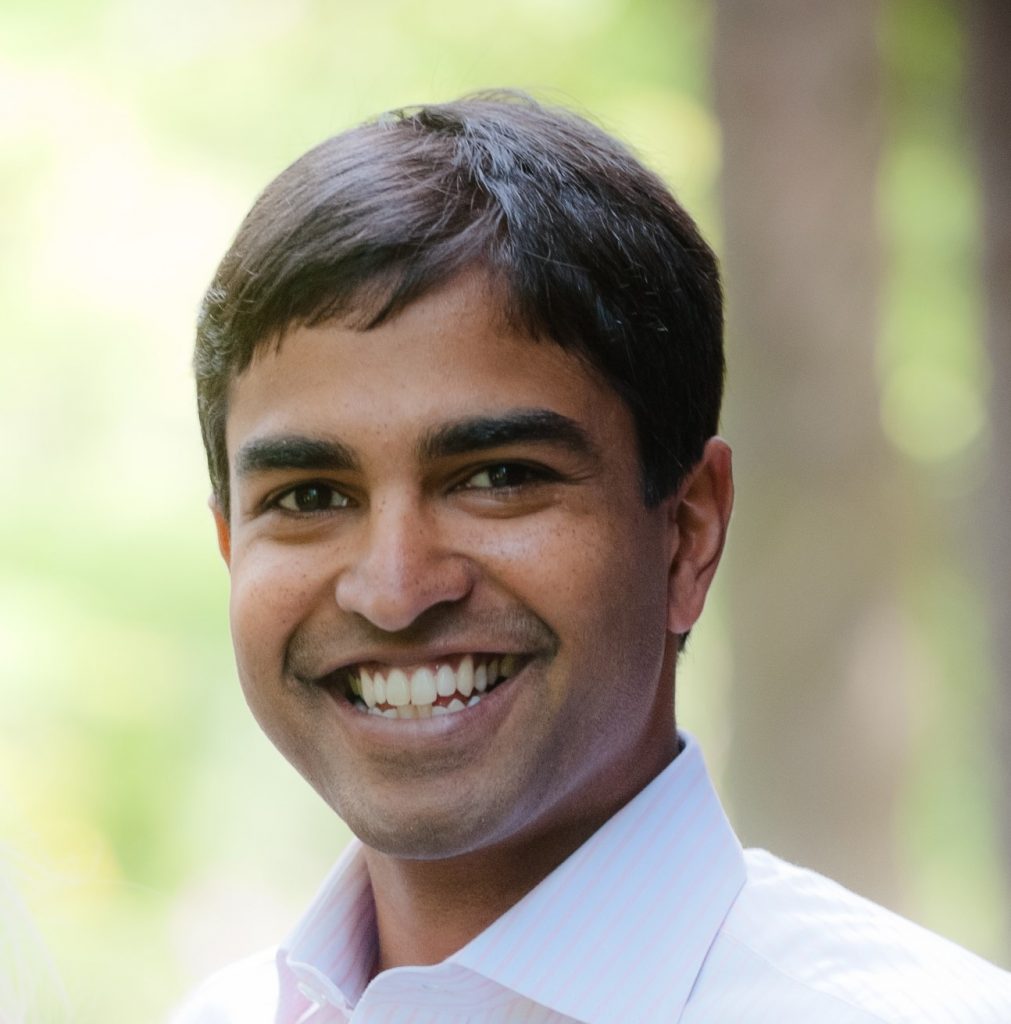Ep. 200 Vijay Boyapati Explains Why He Was RIght About Inflation in 2010 and Bitcoin in 2018

Vijay Boyapati left a lucrative job at Google in 2007 to move to New Hampshire and campaign for Ron Paul. In this episode, Vijay explains why the other Austrians should have listened to him in 2010 when he warned that their inflation predictions were wrong. He also explains his popular 2018 essay, “The Bullish Case for Bitcoin.”
Mentioned in the Episode and Other Links of Interest:
- Vijay Boyapati’s 2010 article on credit deflation.
- Vijay’s 2018 article on “The Bullish Case for Bitcoin.”
- Bob’s guide (with Silas Barta) to Bitcoin.
- Bob’s article on Hayek on private fiat money.
- Bob explains his botched inflation prediction.
- Help support the Bob Murphy Show.
The audio production for this episode was provided by Podsworth Media.

I think Vijay presents an important insight here, one I wrote about independently a few years ago.
Boiled down it is this: Mises solved the problem of monetary value by considering the time element. The value today is based on expected purchasing power in future transactions. Per Mises, that value is based solely on the purchasing power it had yesterday.
Here’s where Vijay and I think the error lies, as revealed by cryptocurrencies. The expected future value can be based on other considerations that inform our planning, in the case of crypto, “this new thing confers additional utility OVER prior money, in addition to having other good properties”.
We think that Mises and followers have been in a rut of thinking with respect to money. That classical Austrian view is biased towards ‘yesterday’s value’ whereas Austrian Economics in all other aspects of business and economic life emphasize the forward-looking planner and his expectations of value, which are based on many factors, often not visible to anyone but himself.
I commend Vijay for promoting this significant advancement in understanding better than I ever could.
I should add: The added utility i referred to, is mainly that cryptocurrencies can verify exchanges of value without relying on some jerks in control of the central lever. They can do this across the planet, with less chokeholds and delays than shipping gold.
They do this by forming a massive community of participants, with verifiable contributions. Their weakness is that they rely on an uncensored internet. And this we must fight for. But in light of the covid farce, who will?
I am not bullish on crypto in light of the events of 2020. On the other hand, i was a bear in 2009, when i was in the trenches with the first adopters. I was sure it would be shut down quickly. I can be too negative, at times. 🙂
This guy talks too much
May i also add that Bob Murphy does a comment section right? In contrast to mises.org and tomwoods.com, he hosts his own comments, and thereby is not subject to the censorship of a third-party big-tech hosting platform like disqusting.
We should freakin respect that.. This is the right way.
Great episode. it’s interesting that many Austrians have issues with bitcoin, while some news articles talk as if Austrians are the biggest proponents.
Bitcoin is not a country, but it is a community. And it has embassies, like the one in New Hampshire: bitcoinembassynh.org Some claim we will see cloud countries in the future. I think there is some sort of community consensus required for crypto currencies to emerge and wouldn’t be surprised to see multiple cryptos to have a foothold as primary for their particular communities.
Sinclair Davidson’s theory that crypto creates new trust which did not previously exist … since trust makes exchanges easier, and it’s difficult to create, therefore valuable.
https://catallaxyfiles.com/2021/05/25/crypto-dispatches/
There’s something to that way of thinking, but it’s very loose when you consider how difficult it would be to attempt to measure trust in an empirical way.